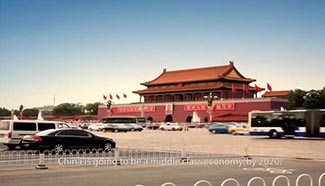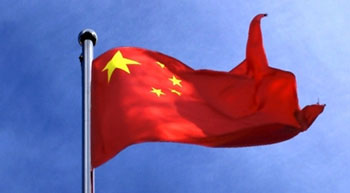DUBAI, July 30 (Xinhua) -- The Dubai-based economic research company MEED said on Saturday the United Arab Emirates (UAE) would benefit from 2017 onwards from recovery in oil prices combined with growing public and private sector activities boosted by its preparations for the World Expo in 2020.
As the first Arab city, Dubai will host the six-month Expo from April to October in 2020.
The UAE would see gross domestic product (GDP) growth rising between four to five percent each year from 2017 to 2020, compared with about 3.1 percent growth so far this year, the company said in its annual outlook for the Gulf state.
The recovery is expected to support an increase in major project spending in the emirates after a flat growth so far this year stunted by cutbacks in government spending, the report said.
The report said it also expects a review of oil and gas and infrastructure projects in Abu Dhabi, the UAE capital.
It said about 22.6 billion dollars worth of project contracts have been awarded in the UAE in the first half of 2016. These projects were largely driven by real estate, transport and power projects in Dubai.
As a remaining risk, the report identified a possible failure of the projected oil price increase to materialize.
"This will intensify the challenges facing the government of the federation and individual emirates, but the UAE has the resources to deal with the financing requirements the low price scenario presents," it said.
In this May, Frank Beckers, the managing director and head of project finance at National Bank of Abu Dhabi, said while low oil prices might have had an impact on the number of projects in the region, the flow of project financing is still available for those with a sustainable investment perspective for investors and lenders.
The price of oil fell by over 76 percent from 110 dollars per barrel to 26 dollars from June 2014 to February this year.
After doubling in value to 52 dollars in June this year, the "black gold" has retreated to 40 dollars per barrel -- too low for the UAE to reach the fiscal break-even level, which according to the International Monetary Fund lies at 71 dollars.
As the most diversified economy of the Gulf Arab states, the UAE derives 29 percent of its GDP from oil.










